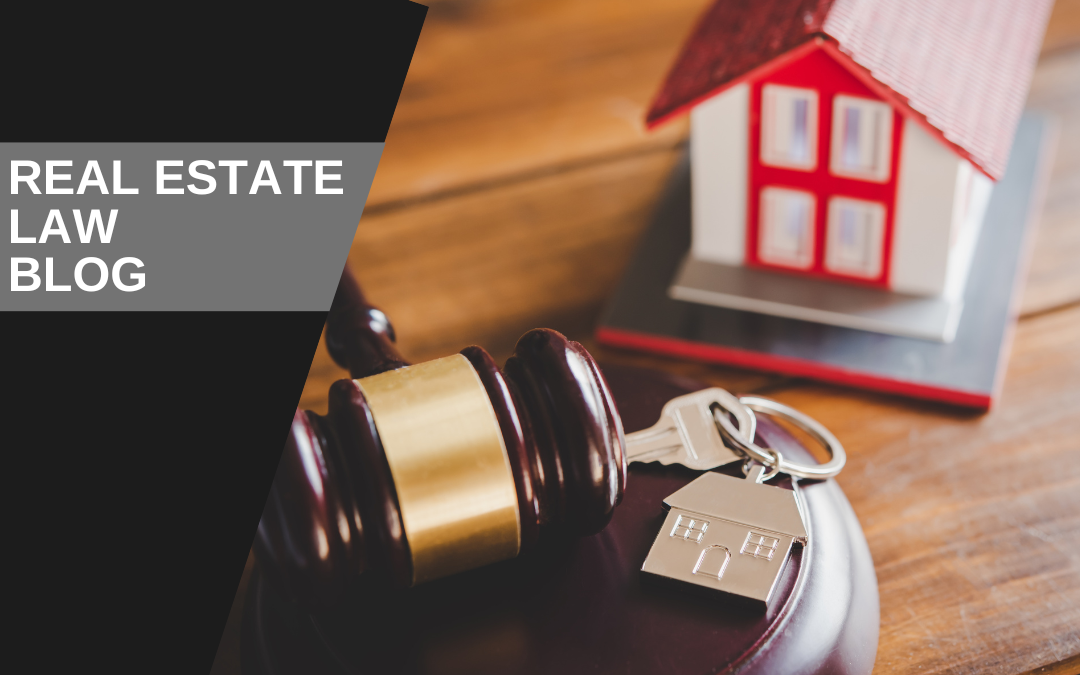FAQ Real Estate Law

FAQ Real Estate Law:
What is real estate law?
Real estate law is a broad area of law that encompasses the legal aspects of owning, transferring, and using real property. This includes everything from the purchase and sale of homes to the leasing of commercial properties “land development and real estate lawyers help individuals and businesses navigate the complex legal issues that arise in these transactions.
Do I need a real estate lawyer when buying or selling a home?
- Review and negotiate the purchase agreement
- Conduct a title search to ensure that the seller has clear title to the property
- Obtain any necessary permits or approvals
- Close the transaction and ensure that all legal documents are properly executed
What are closing costs?
Closing costs are the fees and expenses that are incurred when a real estate transaction is completed. These costs can include:
- Title insurance
- Lender fees
- Appraisal fees
- Escrow fees
- Attorney fees
- Recording fees
- Inspection fees
- Excise Tax (Seller Expense in Washington), Special Use Classifications for Designated Forest Land, and Open Space Farm and Agriculture
Closing costs can vary depending on the location of the property, the purchase price, and the type of loan.
What is a title search?
A title search is a process of reviewing public records to determine the ownership history of a property, and to identify any encumbrances on the title.
This is an important step in the buying process, as it helps to ensure that the seller has clear title to the property and that there are no hidden liens or judgments that could affect the buyer’s ownership rights.
What is title insurance?
Title insurance protects the buyer and lender from financial losses that could result from defects in the title to the property. These defects could include:
- Forged signatures on deeds
- Undiscovered liens or judgments
- Errors in public records
- Lack of Legal Access (No Easement) Extended Coverage for Easements, etc.
- For Private Lenders (Priority Guarantee) Notification parties for forfeitures/foreclosures
Title insurance is typically purchased at closing and is usually a one-time expense.
What is a property tax?
A property tax is a tax that is levied on real property by local governments. The amount of the tax is based on the assessed value of the property.
Property taxes are used to fund local government services such as schools, roads, and police.
What is a homeowner's association (HOA)?
An HOA is an organization that is responsible for managing and maintaining a common interest community. HOAs are typically found in condominiums, townhouses, and planned unit developments.
HOAs have the authority to make and enforce rules and regulations governing the use and upkeep of the common areas of the community. These fees, assessed to the real property owner, may be raised by the HOA. Buyers should carefully consider HOA requirements and limitations when purchasing property.
What is a lease?
A lease is a contract between a landlord and a tenant that grants the tenant the right to occupy a property for a specified period of time in exchange for rent.
Leases can be for residential or commercial properties.
What are tenant's rights?
Tenants have certain rights under the law, including the right to:
- Live in a habitable unit
- Receive reasonable notice before the landlord can enter the unit
- Receive a security deposit that is returned within a reasonable time after the tenancy ends
What are landlord's rights?
Landlords have certain rights under the law, including the right to:
- Collect rent
- Evict tenants who violate the terms of their lease
- Make reasonable changes to the property
This FAQ is for general informational purposes only and is not legal advice. Contact us today to discuss your specific situation.

